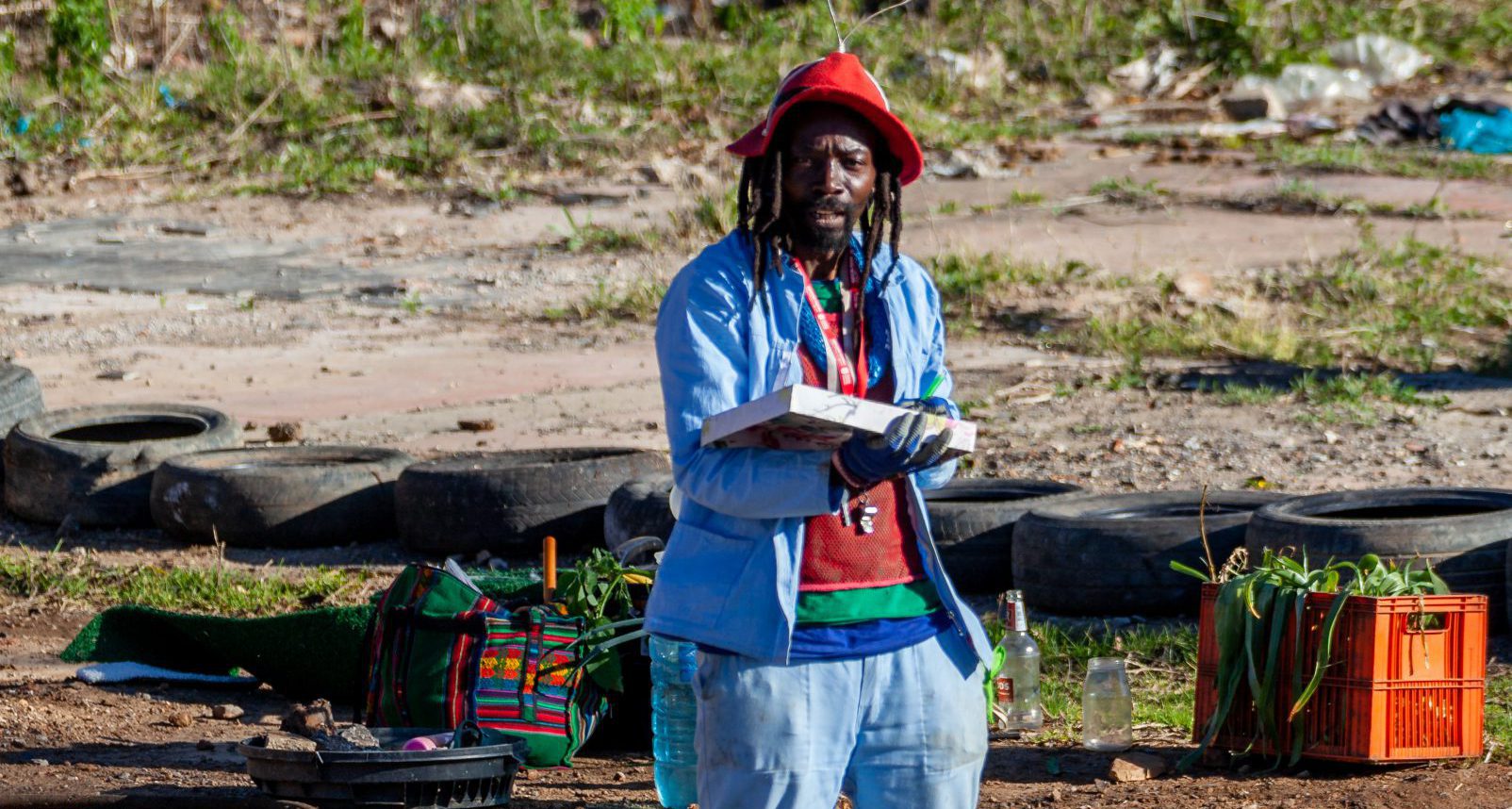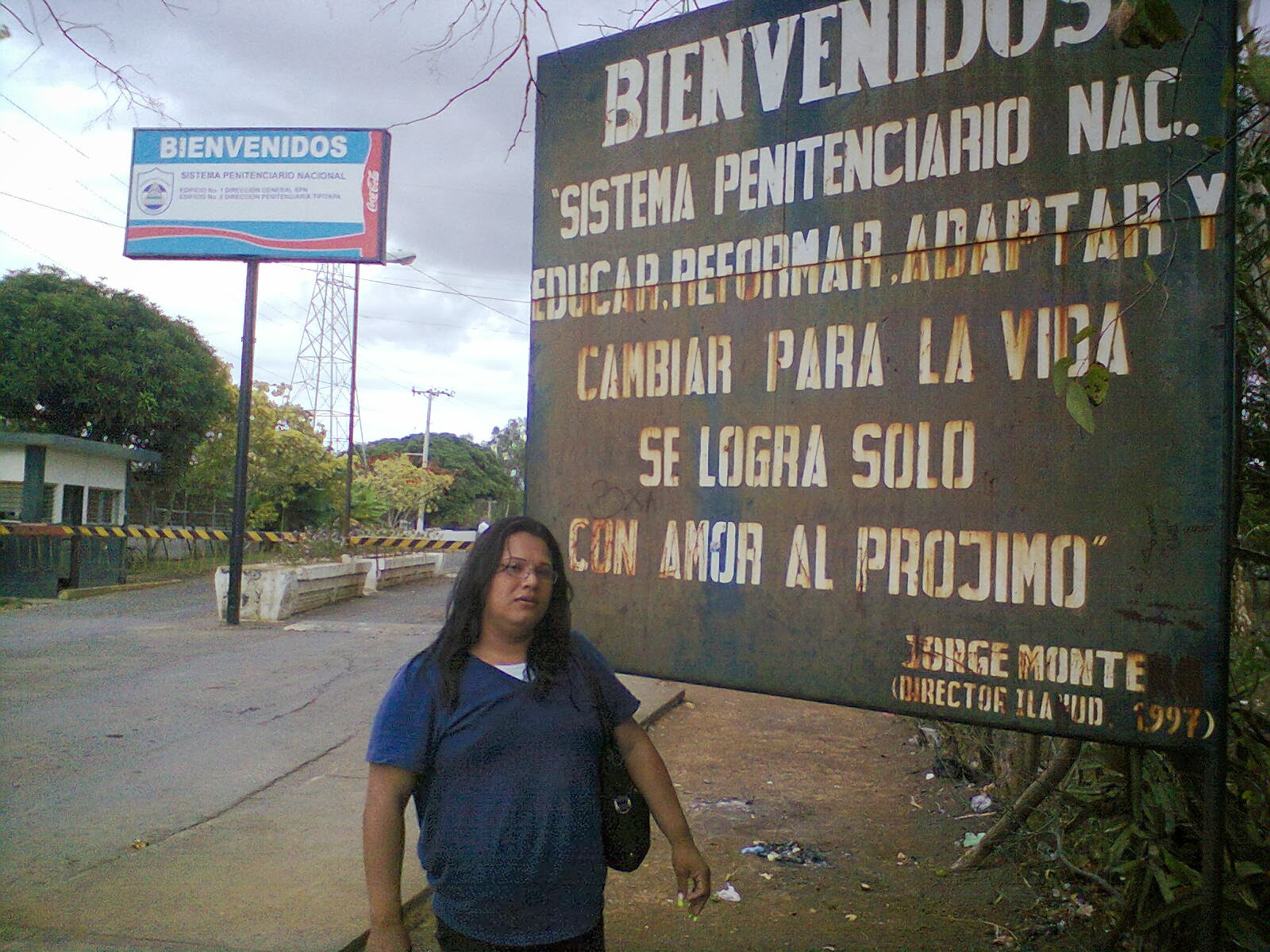Turning Trash Into Treasure: An AI-Powered Podcast From Scatological Documents

Table of Contents
The Power of AI in Historical Research
Traditional historical research often relies on readily available and curated sources. However, a vast amount of historical data remains untapped in unconventional sources. This is where AI steps in, revolutionizing our approach to the past.
Analyzing Unconventional Sources
AI algorithms possess the capacity to process and analyze vast quantities of textual data far exceeding human capabilities. This opens up exciting possibilities for analyzing unconventional sources, including personal diaries, letters, and even scatological documents, previously dismissed as irrelevant or too difficult to analyze.
- Efficiently identifies patterns and connections missed by human researchers: AI can spot subtle correlations and recurring themes across large datasets, revealing connections that might escape human observation.
- Uncovers hidden meanings and contextual clues within the text: AI can identify the nuances of language and context, unlocking hidden meanings and revealing the subtle details that bring the past to life.
- Provides quantitative data for statistical analysis of historical trends: AI transforms qualitative data into quantifiable information, enabling statistical analysis of historical trends and patterns.
- Transcribes and translates documents written in various languages and scripts: AI tackles the language barrier, enabling the analysis of documents written in various languages and scripts, making historical information globally accessible.
Overcoming Bias and Subjectivity
Human interpretation is inherently subjective. Our preconceptions and biases can influence how we understand historical events. AI offers a powerful solution to this challenge.
- Reduces the influence of researcher preconceptions on interpretation: AI analyzes data objectively, minimizing the impact of personal biases on the interpretation of historical events.
- Offers a more neutral and comprehensive understanding of historical events: By removing human bias, AI allows for a more holistic and nuanced understanding of the past.
- Allows for the identification of previously overlooked perspectives: AI can uncover perspectives from marginalized groups or individuals whose voices have been historically silenced.
Uncovering Hidden Narratives in Scatological Documents
Scatological documents, often considered taboo or embarrassing, provide a unique and unfiltered window into the past. These seemingly insignificant records can offer rich insights into daily life, social structures, and cultural norms.
Social and Cultural Insights
These overlooked documents can offer a wealth of insights into past societies that official records often miss.
- Reveals information about diet, hygiene, and disease prevalence: Scatological documents can provide valuable insights into the health and sanitation practices of past societies.
- Provides insights into gender roles and social hierarchies: Analysis of these documents can reveal information about social stratification and the roles played by different genders.
- Uncovers information about economic conditions and resource availability: The content of scatological documents can provide clues about the economic realities and resource availability within a given society.
Personal Stories and Experiences
Beyond broad social insights, scatological documents often contain intimate personal narratives that reveal the individual human experiences of the past.
- Preserves the voices and experiences of marginalized communities: These records often provide unique perspectives from marginalized communities whose voices are frequently absent from traditional historical accounts.
- Offers a more humanistic approach to historical research: By focusing on individual experiences, scatological documents enrich our understanding of the past beyond mere statistics and broad trends.
- Allows for a richer and more nuanced understanding of the past: The personal accounts contained within these documents provide depth and context to our understanding of history.
The "Turning Trash into Treasure" Podcast Format and Accessibility
Our commitment extends beyond the research itself; we believe in making history accessible and engaging for everyone.
Engaging Storytelling
The "Turning Trash into Treasure" podcast employs compelling storytelling techniques to transform complex historical data into a captivating listening experience.
- Uses compelling storytelling techniques to engage listeners: We weave together historical facts and personal narratives to create engaging and memorable episodes.
- Presents historical data in an easy-to-understand format: Complex topics are explained in clear and accessible language.
- Includes interviews with historians and experts in the field: We provide diverse perspectives and insights from leading historians and experts.
Wide Accessibility
We believe that everyone should have access to the fascinating stories uncovered by our research. Therefore, the podcast is made freely available across various platforms.
- Distributed through popular podcast platforms (Spotify, Apple Podcasts, etc.): The podcast is widely available on popular podcast platforms.
- Available in multiple languages (depending on the podcast's scope): We aim to make our content accessible to a global audience.
- Offers transcripts of episodes for accessibility and ease of research: Transcripts are provided for ease of access and research purposes.
Conclusion
"Turning Trash into Treasure" is more than just a podcast; it's a revolutionary approach to historical research, utilizing the power of AI to unearth hidden narratives from previously overlooked sources. By analyzing scatological documents, this podcast provides invaluable insights into past societies, cultures, and individual experiences. This innovative approach showcases the potential of AI to transform our understanding of history. We invite you to join us on this fascinating journey of discovery; subscribe to "Turning Trash into Treasure" today and begin turning trash into treasure with us!

Featured Posts
-
 Fan Falls From Outfield Wall During Cubs Game Hospitalized
May 03, 2025
Fan Falls From Outfield Wall During Cubs Game Hospitalized
May 03, 2025 -
 School Desegregation Doj Action And Its Broader Consequences
May 03, 2025
School Desegregation Doj Action And Its Broader Consequences
May 03, 2025 -
 Lotto Plus 1 And 2 Results Winning Numbers For Latest Draws
May 03, 2025
Lotto Plus 1 And 2 Results Winning Numbers For Latest Draws
May 03, 2025 -
 Golden Week Boost Macau Gaming Revenue Shows Resilience
May 03, 2025
Golden Week Boost Macau Gaming Revenue Shows Resilience
May 03, 2025 -
 El Sistema Penitenciario Se Fortalece Con La Entrega De 7 Nuevos Vehiculos
May 03, 2025
El Sistema Penitenciario Se Fortalece Con La Entrega De 7 Nuevos Vehiculos
May 03, 2025
